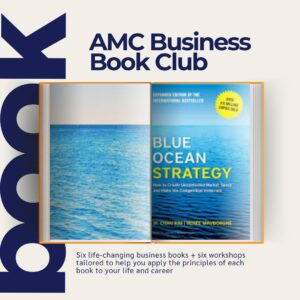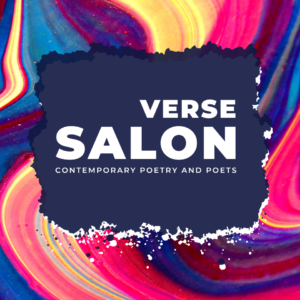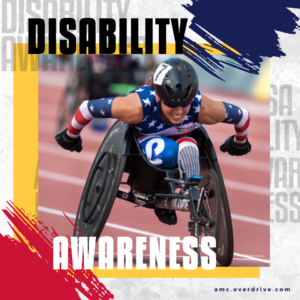Узнайте о США
Мероприятия, клубы, ресурсы! И всё это онлайн! И всё это бесплатно!
Учитесь! Растите! Вдохновляйтесь!
Учись
Чем больше знаешь, тем больше растёшь!
Общайся
Важно не только, что вы знаете, но и КОГО вы знаете!
Создавай
Давайте вместе сделаем что-то прекрасное!
Бесплатно
Все мероприятия бесплатны, онлайн, доступны для всех!
Что вы узнаете сегодня?
Загляните в наш постоянно пополняющийся список ресурсов для изучающих английский, преподавателей английского, предпринимателей, юных учеников и многих других.
Хотите узнать больше о США?
Читайте блог AMC!
США – это удивительное место, а значит в блоге AMC вас тоже ждёт много удивительного! Скорее заходите и вы узнаете массу интересного об американском английском, а также об американской культуре, образовании и традициях!

Тетрис: Электронный посол доброжелательности

Уолтер Элиас Дисней: Культовая фигура

Связь: История iPhone












